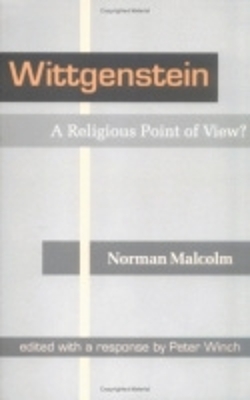Wittgenstein believed that the best way to understand the "Philosophical Investigations" was to come to it via the "Tractatus". The author shares this belief and in this book presents the dramatic conflict between two radically different philosophical positions. Contrary to some current interpretations, Malcolm believes that when Witgenstein wrote the "Investigations" he had an exact knowledge of the "Tractatus" and, in purging himself of its thinking, created a revolutionary outlook which has not yet been assimilated by academic philosophy. Professor Malcolm expounds a number of theses of the "Tractatus" and shows how they are rejected in Wittgenstein's later thinking. Some of the landmarks of the new thought are described, of which perhaps the foremost is that concepts can be understood only in terms of the human attitudes and actions with which they are linked and that the sense of language is determined by the circumstances of life in which the language is used. Of the book's eleven chapters, eight deal with confrontations between the old and the new thinking. The final three chapters are devoted to: following a rule; mind and brain; and the concept of certainty.
- ISBN10 0801429781
- ISBN13 9780801429781
- Publish Date 4 January 1994 (first published December 1981)
- Publish Status Active
- Out of Print 18 December 2007
- Publish Country US
- Imprint Cornell University Press
- Format Hardcover
- Pages 152
- Language English
